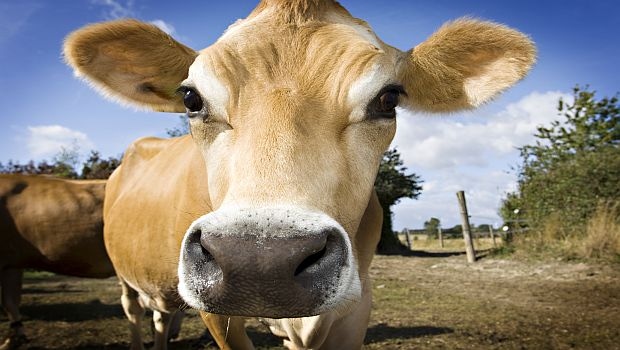According to new research out of New Zealand, in terms of nutrients in milk, there is nothing distinct about organic milk that makes it unique from conventionally produced milk once the different factors that influence milk production are compared or adjusted for. If animal genetics, health, breed, diet, management, or environment differs, then so will the composition of the milk produced.
January 22, 2015

Yes, from mainstream media to mommy bloggers and other outspoken organic food activist, the industry is well aware that consumers believe organic cow milk is different from conventionally produced milk, and they are willing to pay more for these perceived differences.
To verify or debunk these dissimilarities, a few members of the science community in New Zealand got together to investigated these perceived differences, but what they found is the variances between organic and conventional milk are not so straightforward (J Dairy Sci. 2015;98(2):721-46).
Reviewing almost 200 publications, the researchers concluded previously conducted controlled studies investigating whether differences exist between organic and conventionally produced milk have so far been largely ambiguous, due principally to the complexity of the research question and the number of factors and variables that can influence milk composition.
“This review presents one of the most detailed treatises to date of organic versus conventional milk composition," commented Matt Lucy, Ph.D., professor of animal science, University of Missouri, and editor in chief of the Journal of Dairy Science®. “When comparing organic and conventional milk composition (especially milk fatty acids), previous studies have generally compared organic dairying with milk produced from grass-fed cows to conventional dairying with milk produced from concentrate-fed cows. The differences in milk composition observed are actually due to the different diets of the cows (i.e., pasture versus concentrate feeding) rather than organic versus conventional farming systems," according to lead investigator Don Otter, Ph.D., senior scientist, food & bio-based products, AgResearch Grasslands Research Centre, New Zealand.
Because there are many factors that affect milk composition, it is difficult to control for all of them when comparing organic to conventional milk production. According to the investigators, “The term organic when applied to dairying is not universal, and to a large extent, is defined simply by regulations that differ from one country to the next. Conventional basically is anything that is not organic; however, in most parts of the world, conventional dairying is associated with high levels of grain feeding, the use of cow breeds that produce high milk volumes and the application of large amounts of fertilizer, i.e., high-input farming, while organic dairying is tied to pasture and forage feeding, lower amounts of fertilizer application, and the use of mixed or minority breeds, i.e., low input. The vast majority of differences reported between organic and conventional milk come from what cows are fed and their breed, and is not anything unique to being organic or conventional in itself."
Therefore, in terms of nutrients in milk, there is nothing distinct about organic milk that makes it unique from conventionally produced milk once the different factors that influence milk production are compared or adjusted for. If animal genetics, health, breed, diet, management or environment differs, then so will the composition of the milk produced.
You May Also Like




.png?width=800&auto=webp&quality=80&disable=upscale)